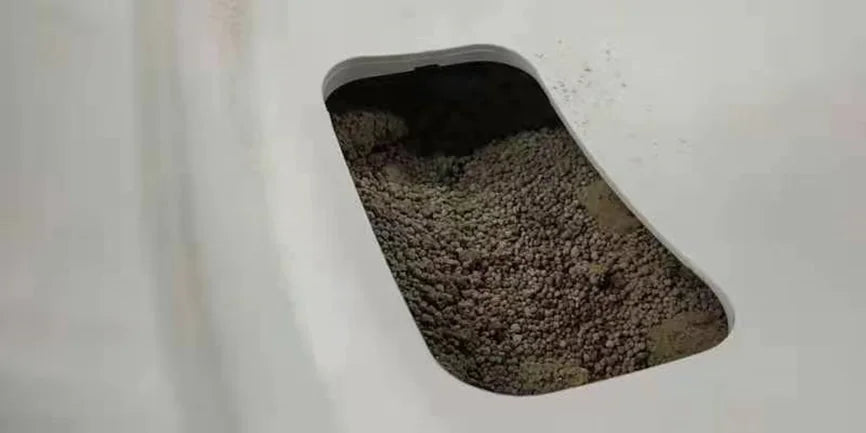
Stepping into Production: Resolving Full Box Feces Detection Issue
Initially, our solution to detecting a litter box full of feces involved utilizing motor feedback. However, this approach posed two main challenges. Firstly, providing significant resistance to the...
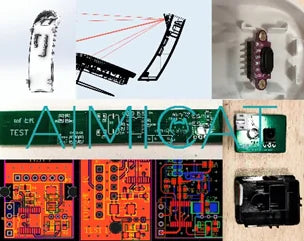
Stepping into Production: Insufficient Precision and Risks in Cat Recognition System
Cat detection has posed challenges in our journey. Initially, we employed a conventional infrared solution for detection, but we found that our infrared solution was prone to failures under strong ...
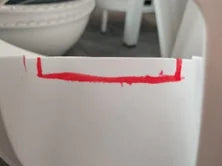
During the testing phase of the defecation process, another challenge came to light. In scenarios where 2 to 3 cats enter the litter cabin simultaneously for their bathroom activities, there's a po...
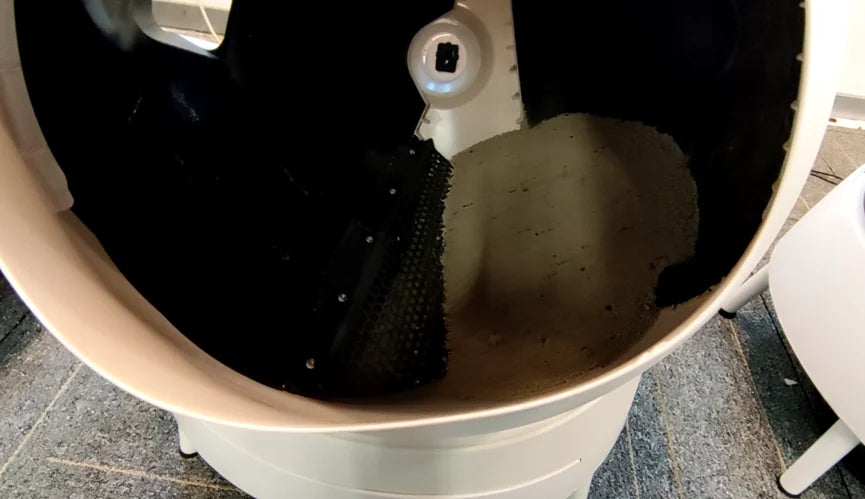
Stepping into Production: Addressing Incomplete Defecation Process Resulting in Waste Overflow
In AIMICAT's core functionality lies the task of filtering waste and subsequently depositing the filtered feces into the waste compartment. However, during the practical utilization of mass-produce...
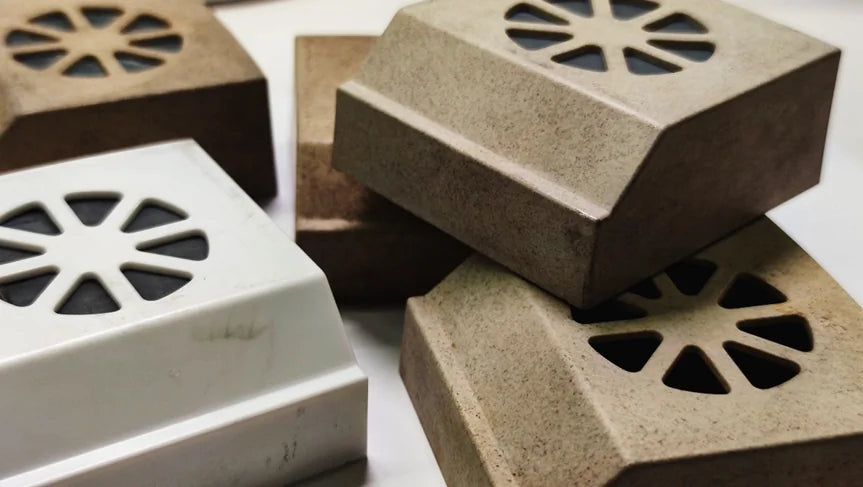
Stepping into Production: Experiencing Real-world Effects of Mass-produced Carbon Boxes
In the evolution of AIMICAT's endeavors, I am delighted to present yet another chapter of our venture. As we stride forward in the realm of production, I am eager to narrate our exploration into a ...
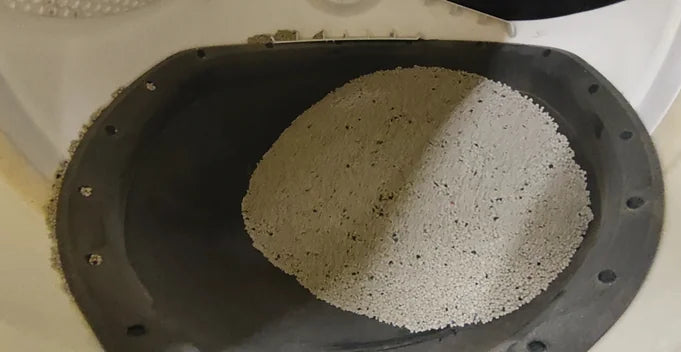
Stepping into Production: Tackling Insufficient Elasticity in Silicone Bowls Causing Sticky Waste
Silicone bowls are a crucial component in the design of automated cat litter boxes. After excretion, not all waste is fully encapsulated by the litter, and there's a chance it could adhere to the c...
